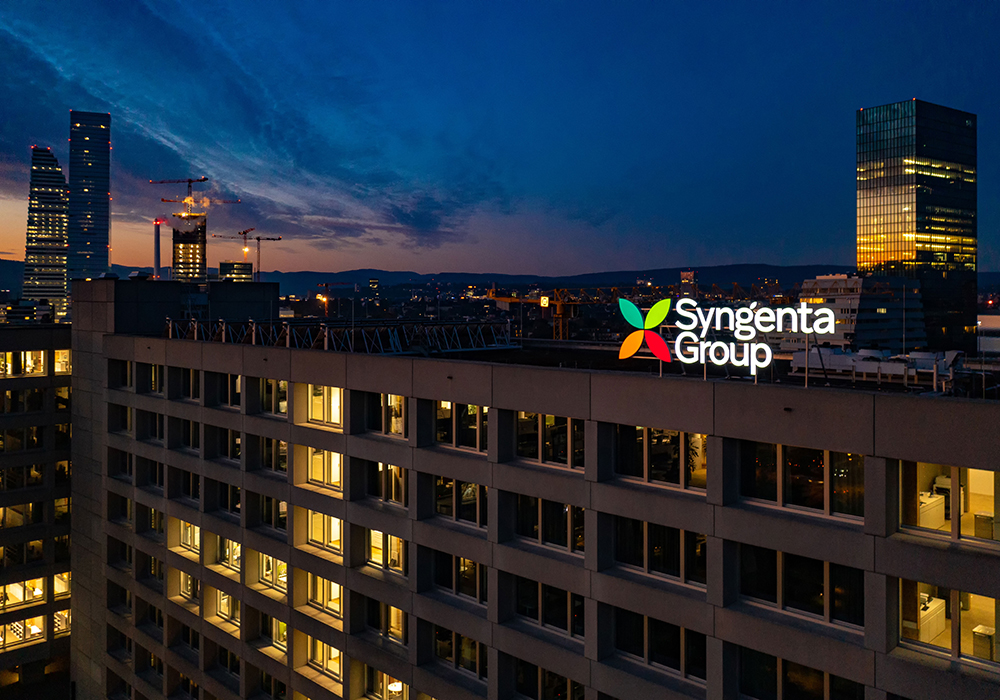ZURICH, Switzerland (Reuters) — Syngenta Group increased its first-quarter sales by 26 percent as farmers bought seeds and sprays early to avoid possible shortages later in the year, the Swiss agrochemicals company, which is planning a $10 billion IPO, said April 28.
The results of the Chinese-owned group are seen as a bellwether for the broader agrochemicals industry, with peers including U.S. company Corteva and Germany’s BASF and Bayer to report soon.
BASF last month warned that it would have to stop production if natural gas supplies fell to less than half its needs. Gas provides energy for manufacturing and is also a critical raw material for its products.
Read Also

Canadian Food Inspection Agency extends chronic wasting disease control program consultation deadline
Date extended for consultation period of changes to CWD program
Syngenta, which aims to raise about US$10 billion from an initial public offering in China, did not comment on the progress of its planned flotation, which was paused last year.
But a source close to the company said the flotation, which would value it at around $60 billion including debt, was on track to be completed by the end of this year.
During the first three months of 2022, Syngenta sales rose by 26 percent year on year to $8.9 billion.
Core profit increased 25 percent to $1.9 billion as increased productivity and price increases countered higher logistics and buying costs, it added.
The company also continued to expand in China, with 149 more of its Modern Agricultural Platform training and sales centres than a year earlier.
It now has 514 centres in total in China, where it increased overall sales by 25 percent to $2.4 billion.
Syngenta was bought in 2017 for $43 billion by ChemChina, which was folded into Sinochem Holdings Corp. last year. The parent company plans to keep a majority stake after the flotation.















